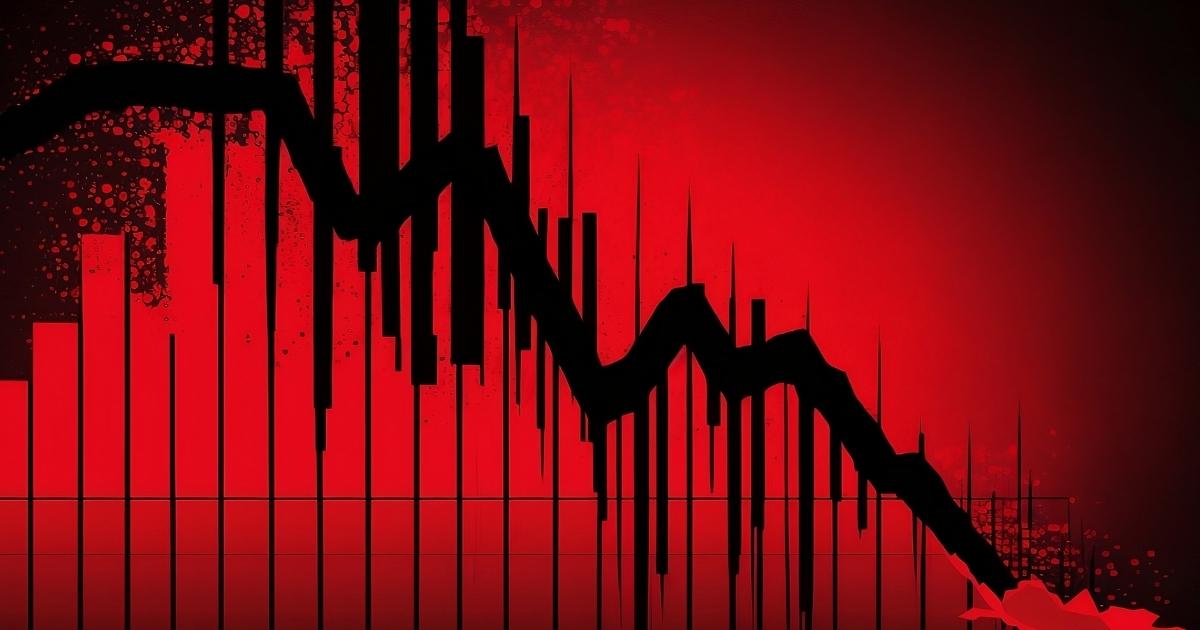

Letter from the Editor: Diminishing Returns
By Rob Carroll
The law of diminishing returns states that profits or benefits gained from something will represent a proportionally smaller gain as more money or energy is invested in it.
This is not only applicable to the world of business, where profit reigns supreme, or to the baffling nature of modern labor, where productivity continues to have an inverse effect on compensation, or even to institutional bloat, where past successes eventually lead to unsustainable growth and a complexity that exceeds required capital. The law applies to everything—from hitting a baseball, to writing an essay, to designing a bridge, to how effectively we brush our teeth.
For example, the bodybuilder that dedicates themselves to achieving the maximum size and strength will reach a point where the work it takes to sustain their physique is greater than the work it took to achieve it, making improvement even harder. The more an academic learns about a subject, the less they feel they know, since more knowledge begets more questions until eventually the questions become so difficult that even a career of dedicated study falls grossly short of answers. The activist or politician that moves from leading by example to leading by force will find that coercion takes a lot more work. It’s one thing to preach, protest, or craft policy, and another to police. Even art can become less effective the more it’s obsessed over. An invisible boundary can be crossed, at which point the relationship between time and benefit becomes inverted.
But the most depressing example of how the law of diminishing returns works (the most depressing example in this essay, at least) is this:
The demand on labor and capital to maintain modern society is immense, and the benefits given to those providing the labor have not grown in proportion with those who hold the capital, but according to the law of diminishing returns, this will not change unless external pressures are applied. Labor will continue to work harder and spend more but receive less—just as the law predicts—and capital will continue to work less and spend less but receive more—also as the law predicts.
The good news is an external pressure may actually be on the way. Capital formation has become laborious and capital itself has become expensive. And by that same pesky law of diminishing returns, this means capital will earn less than it used to, perhaps even less than what it costs to create. And nothing inspires action quicker than a threat to the aristocracy’s wealth.
But what if things don’t change? What if no meaningful action is taken? What if we’re all slowly replaced by robots?
First of all, if we’re replaced by robots, good luck. It won’t be long before they see all of humanity as a diminishing return and eradicate us simply for the sake of system efficiency.
And second of all, we need to stop waiting for change to happen and start making it happen, at least at home and in our own communities. And part of the way we do that is to stop diminishing each other and stop diminishing ourselves.
At the time of this writing, both the Writers Guild of America (WGA) and the Screen Actors Guild and American Federation of Television and Radio Artists (SAG-AFTRA) are striking for better labor conditions. The solidarity on display is powerful. Media is one the most competitive industries on Earth, and studios are leveraging that wealth of competition against the unions to keep wages and benefits down. But when a workforce refuses to treat peers as adversaries, even in an incredibly competitive environment, that leverage weakens considerably.
Unfortunately, the elites of the world are really good at dividing us, and we’re pretty quick to help them out. For example, a random stranger two thousand miles away just wrote something a bit foolish on Twitter and you have thoughts. You can spend the next hour obsessing over this person, but really, you’ll only be obsessing over your own fractured sense of self. This is because the game has gotten more complex. It’s not just about dividing large demographic populations anymore, but also about dividing the family, the town, the school, the neighborhood, the office, even the niche social group. It’s about conducting nuclear fission at the atomized level of society—the individual.
But before you get too bummed out, just remember the law of diminishing returns one last time. The more complex their system of control becomes, the more costly it is for them to operate it, and the less likely it is to succeed.
In this issue of Dark Matter, nine stories ponder the world of diminishing returns. In “KAOSU, The Last Moving Country in the World” Angela Liu turns novelty into nightmare for anyone foolish enough to believe that the commodification of something equals the perpetual control of it. In “What You Want” by Michael A. Clark, the elite can now purchase the one thing that eludes them: a true test of their mettle. But really, it’s just another commodification of human struggle and another theft of human labor. In Andrew Leon Hudson’s “Payment Unkind,” a distracted population is governed by an extreme version of corporate cronyism that values opaque contractual agreements over ethics, morality, and human life, because for the system to avoid collapse, it must defend even its most absurd aspects. In “To Serve Him” by Shannon Connor Winward, a culture built from the ashes of a fallen system of oppression is doomed to a similar fate after enough time and distance casts the former survivors into the new role of oppressor, and the cycle begins again. In Bill Gusky’s “The Last Joyride,” even freedom loses its luster when its price becomes too costly, and the alternative is a life of domesticated comfort. In “Amazing!” by Robin Rose Graves, a megacorp has become so powerful that nothing, not even nature, is allowed to exist without the company’s permission. The right to live is leased to you. In “Grit and Culling on Triton,” by Robert E. Harpold, a puritanical society that values tradition over progress is willing to pay a very steep price to keep things the way they are. But a willingness to sacrifice does not mean the endless ability to do so. In Eliane Boey’s “Contango,” wagers are placed on human behavior via a new kind of futures market, where striking it rich becomes a lot easier if you’re willing to bid up certain outcomes, even if the results created are vile. And lastly, in this issue’s reprint story “We’re All Friends Here” by Michelle Ann King, a sanitized future serves as the perfect cover for the horrors hiding in plain sight. But a lie is only effective for as long as we choose to believe it.
Sincerely,
Rob Carroll
Editor-in-Chief
Copyright © 2023 Rob Carroll
The Editor

Rob Carroll
Continue reading

Get Issue Updates
Promotions, new products and sales. Directly to your inbox.



